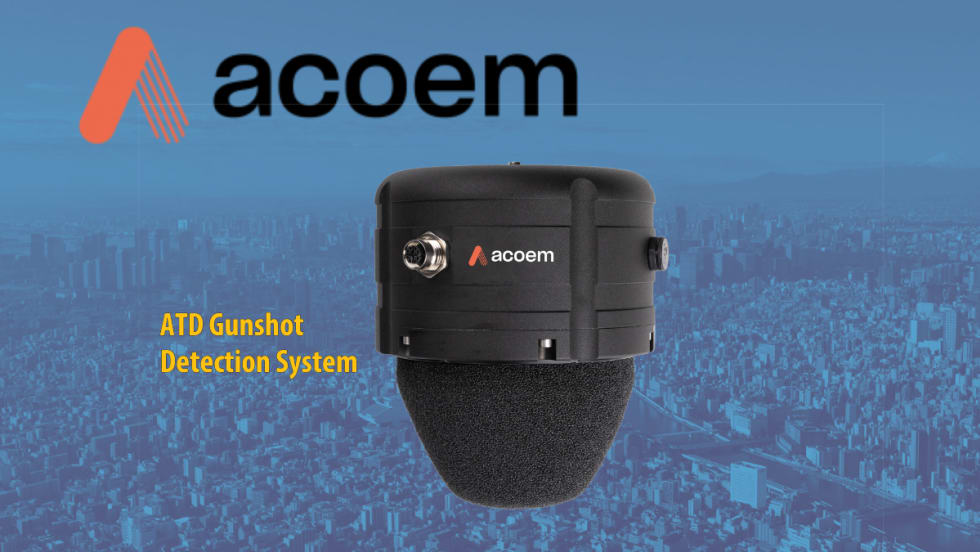A New York City deputy chief and Iowa sheriff will join a 15-member panel that will establish a nationwide broadband network for public safety, acting U.S. Commerce Secretary Rebecca Blank announced Monday.
The two law enforcement officers—Chuck Dowd, deputy chief of the New York Police Department and Story County Sheriff Paul Fitzgerald—join Homeland Security Director Janet Napolitano, a former Denver mayor, retired fire chief, and numerous telecommunications executives on the Board of the First Responder Network Authority (FirstNet).
Blank announced the appointments at the opening of the Association of Public-Safety Communications Officials (APCO) International trade show in Minneapolis.
"The bottom line is that we need to keep our front-line responders as safe as possible while giving them the best possible communications tools to do their job and save lives," Blank said.
The FirstNet board will oversee the broadband network that will enables police and other first responders to better communicate with one another during emergencies and use new technology to improve response.
Congress approved the creation of the FirstNet interoperable network as part of the Middle Class Tax Relief and Job Creation Act of 2012. The design and establishment of this network will be funded with $7 billion from spectrum auctions. Obama signed the bill into law in February.
Here's a full list of the FirstNet board of directors:
Tim Bryan, CEO, National Rural Telecommunications Cooperative
Charles "Chuck" Dowd, deputy chief, New York City Police Department
F. Craig Farrill, wireless telecommunications executive
Paul Fitzgerald, sheriff, Story County, Iowa
Samuel "Sam" Ginn, telecommunications executive
Jeffrey Johnson, fire chief (retired); former chair, Oregon State Interoperability Council; CEO, Western Fire Chiefs Association
William Keever, telecommunications executive (retired)
Kevin McGinnis, chief/CEO, North East Mobile Health Services
Ed Reynolds, telecommunications executive (retired)
Susan Swenson, telecommunications/technology executive
Teri Takai, government information technology expert; former CIO of Michigan and California
Wellington Webb, founder of Webb Group International; former mayor of Denver
Blank appointed Ginn as the chairman of the FirstNet Board. Ginn served as chairman and CEO of Pacific Telesis from 1988-1994 and chairman of AirTouch from 1993-1999. In 1999, when Vodafone acquired AirTouch, Ginn assumed the position of chairman in the United Kingdom.
FirstNet will develop and operate the new broadband network, which is to be based on a single, nationwide network architecture, thus enabling first responders and public safety officials to communicate with one another within and across jurisdictions, according to a release.
The secure and interoperable network will also support cutting-edge applications such as helping police identify criminal suspects through facial recognition or iris scanning technologies.
In addition to the $7 billion in funding, Congress also provided $135 million for a new state and local implementation grant program administered by NTIA to support state, regional, tribal, and local jurisdictions' planning work with FirstNet to ensure the network meets their wireless public safety communications needs.
Related:











